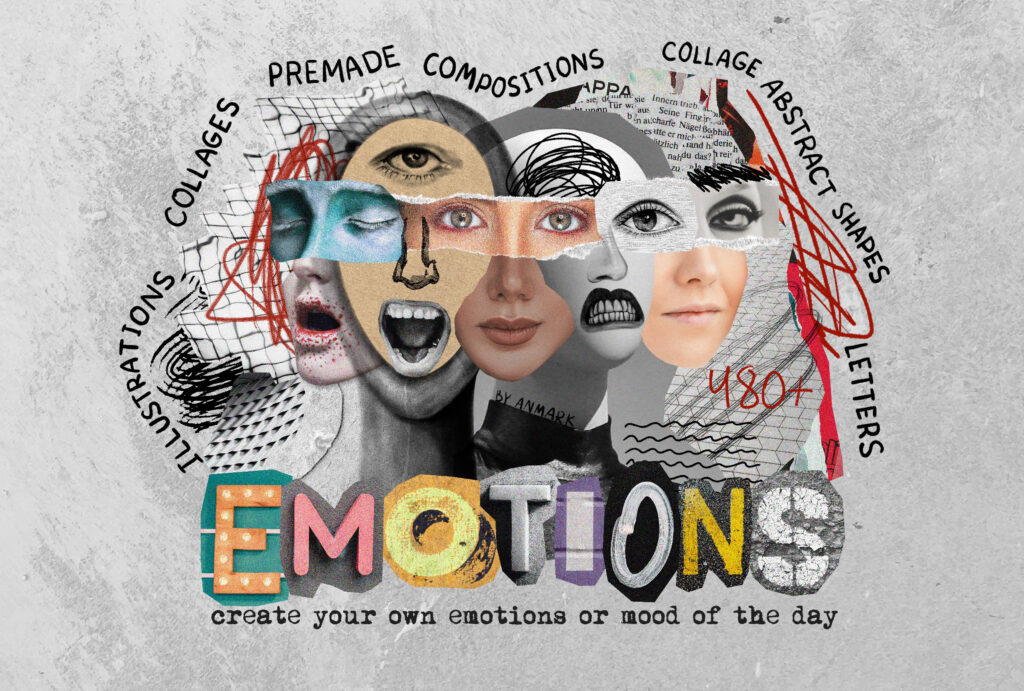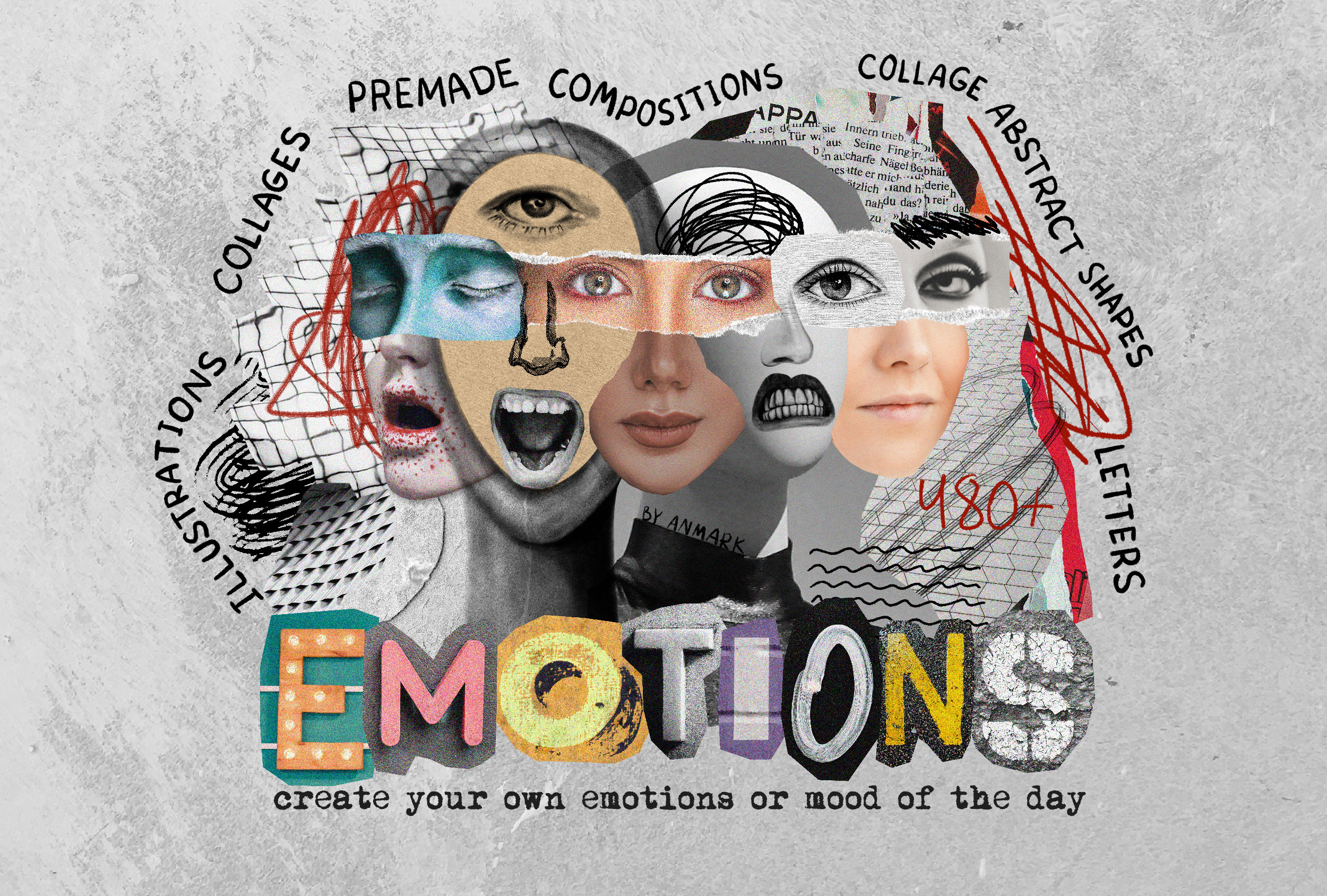
Helping Teens Express Emotions: A Guide for Parents and Educators
Adolescence is a turbulent time marked by significant physical, emotional, and social changes. Navigating these changes can be challenging, and for many teens, expressing emotions becomes a significant hurdle. Understanding and addressing this challenge is crucial for their mental health and overall well-being. This article aims to provide parents and educators with practical strategies for helping teens express emotions in healthy and constructive ways. We’ll delve into the reasons why teens struggle with emotional expression, the potential consequences of suppressed emotions, and evidence-based approaches to foster open communication and emotional literacy.
Understanding the Teenage Emotional Landscape
Before exploring solutions, it’s essential to understand the factors that contribute to a teen’s difficulty in expressing emotions. Hormonal shifts during puberty can amplify emotional responses, making them feel more intense and overwhelming. Simultaneously, the prefrontal cortex, responsible for emotional regulation and decision-making, is still developing. This neurological imbalance can lead to impulsive behavior and difficulty articulating feelings.
Social pressures also play a significant role. Teens often feel compelled to conform to peer expectations and suppress emotions that might be perceived as ‘weak’ or ‘uncool.’ The fear of judgment or rejection can create a barrier to open communication. Furthermore, societal norms surrounding masculinity and femininity can further complicate matters, with boys often discouraged from expressing vulnerability and girls sometimes facing pressure to suppress anger or assertiveness.
Family dynamics also have a profound impact. If a teen grows up in an environment where emotions are dismissed, invalidated, or punished, they are less likely to develop healthy emotional expression skills. Conversely, a supportive and emotionally attuned family can provide a safe space for teens to explore and articulate their feelings. It is also important to consider that some teens may struggle with underlying mental health conditions, such as anxiety or depression, which can further impair their ability to express emotions effectively. These conditions require professional assessment and treatment.
The Consequences of Suppressed Emotions
Suppressing emotions can have detrimental consequences for a teen’s mental and physical health. Unexpressed anger, sadness, or anxiety can manifest as physical symptoms such as headaches, stomachaches, and fatigue. Chronic emotional suppression can also contribute to the development of mental health problems, including depression, anxiety disorders, and eating disorders.
Furthermore, suppressed emotions can negatively impact relationships. If a teen is unable to communicate their needs and feelings effectively, it can lead to misunderstandings, conflict, and strained relationships with family, friends, and romantic partners. Over time, this can lead to feelings of isolation and loneliness.
In some cases, suppressed emotions can manifest as unhealthy coping mechanisms, such as substance abuse, self-harm, or aggressive behavior. These behaviors are often attempts to numb or escape from overwhelming feelings. Therefore, helping teens express emotions is not just about improving their communication skills; it’s about safeguarding their overall well-being.
Strategies for Helping Teens Express Emotions
Here are some evidence-based strategies that parents and educators can use to helping teens express emotions:
Create a Safe and Supportive Environment
The foundation of healthy emotional expression is a safe and supportive environment where teens feel comfortable sharing their feelings without fear of judgment or criticism. This requires active listening, empathy, and validation. When a teen expresses their emotions, avoid dismissing their feelings or telling them how they should feel. Instead, acknowledge their experience and show that you understand their perspective. For example, instead of saying “Don’t be sad,” try saying “I can see that you’re feeling sad, and that’s okay.”
It’s also crucial to create opportunities for open communication. Regular family dinners, one-on-one conversations, and structured check-ins can provide a platform for teens to share their thoughts and feelings. Encourage teens to express themselves in various ways, such as through writing, art, music, or physical activity. The goal is to provide them with multiple outlets for emotional expression.
Teach Emotional Literacy
Emotional literacy is the ability to identify, understand, and manage emotions. Many teens struggle with emotional expression because they lack the vocabulary and understanding to articulate their feelings effectively. Parents and educators can play a crucial role in teaching emotional literacy.
Start by helping teens identify different emotions. Use visual aids, such as emotion charts or flashcards, to introduce them to a wide range of feelings. Encourage them to describe their physical sensations and thoughts associated with each emotion. For example, ask them, “What does anger feel like in your body? What thoughts do you have when you’re angry?”
Once teens can identify emotions, help them understand the causes and consequences of those emotions. Discuss how different situations can trigger different feelings and how those feelings can impact their behavior. Teach them healthy coping mechanisms for managing difficult emotions, such as deep breathing, mindfulness exercises, or talking to a trusted adult.
Model Healthy Emotional Expression
Teens learn by observing the adults around them. Therefore, it’s essential for parents and educators to model healthy emotional expression. This means being open and honest about your own feelings, while also demonstrating healthy coping mechanisms. For example, if you’re feeling stressed, you might say, “I’m feeling a little stressed right now, so I’m going to take a few deep breaths to calm down.”
It’s also important to demonstrate empathy and understanding when others express their emotions. Listen actively to your teen’s concerns, validate their feelings, and offer support without judgment. By modeling healthy emotional expression, you can create a positive and supportive environment where teens feel comfortable sharing their own feelings.
Encourage Help-Seeking Behavior
It’s important to teach teens that seeking help is a sign of strength, not weakness. Encourage them to reach out to trusted adults, such as parents, teachers, counselors, or mentors, when they are struggling with difficult emotions. Normalize the idea of seeking professional help for mental health concerns.
Provide teens with information about available resources, such as school counselors, mental health clinics, and online support groups. Teach them how to identify signs that they may need professional help, such as persistent sadness, anxiety, or difficulty functioning in daily life. Emphasize that helping teens express emotions can sometimes require professional intervention.
Practice Active Listening
Active listening is a critical skill for fostering open communication and helping teens express emotions. It involves paying attention to what the teen is saying, both verbally and nonverbally, and demonstrating that you understand their perspective. To practice active listening, maintain eye contact, nod your head, and use verbal cues such as “I see” or “Tell me more.”
Avoid interrupting or offering unsolicited advice. Instead, focus on understanding the teen’s experience and validating their feelings. Ask clarifying questions to ensure that you understand their perspective. For example, you might say, “So, it sounds like you’re feeling frustrated because… Is that right?”
Reflect back what you’ve heard to demonstrate that you understand their message. For example, you might say, “So, what I’m hearing is that you’re feeling overwhelmed with schoolwork and you’re not sure how to manage your time effectively.”
Validate Their Feelings
Validation is the act of acknowledging and accepting another person’s feelings. It doesn’t mean that you agree with their perspective, but it does mean that you recognize that their feelings are valid and real. Validating a teen’s feelings can help them feel understood, supported, and less alone. [See also: Coping Mechanisms for Teen Anxiety]
To validate a teen’s feelings, use phrases such as “That sounds really frustrating,” “I can see why you’re upset,” or “It’s okay to feel that way.” Avoid dismissing their feelings or telling them how they should feel. For example, instead of saying “Don’t worry about it,” try saying “It’s understandable that you’re feeling worried about that.”
Teach Problem-Solving Skills
Sometimes, teens struggle to express emotions because they feel overwhelmed by their problems. Teaching them problem-solving skills can help them feel more in control and less likely to suppress their feelings. Start by helping them identify the problem and brainstorming potential solutions. Encourage them to evaluate the pros and cons of each solution and choose the one that seems most likely to be effective.
Help them develop a plan of action and provide support as they implement it. Celebrate their successes and help them learn from their mistakes. By teaching problem-solving skills, you can empower teens to manage their emotions more effectively and reduce their reliance on unhealthy coping mechanisms.
Conclusion
Helping teens express emotions is an essential aspect of supporting their mental health and overall well-being. By creating a safe and supportive environment, teaching emotional literacy, modeling healthy emotional expression, encouraging help-seeking behavior, practicing active listening, validating their feelings, and teaching problem-solving skills, parents and educators can empower teens to navigate the challenges of adolescence with greater confidence and resilience. Remember that every teen is unique, and what works for one may not work for another. Be patient, persistent, and compassionate, and celebrate the small victories along the way. The effort you invest in helping teens express emotions will have a lasting impact on their lives.

